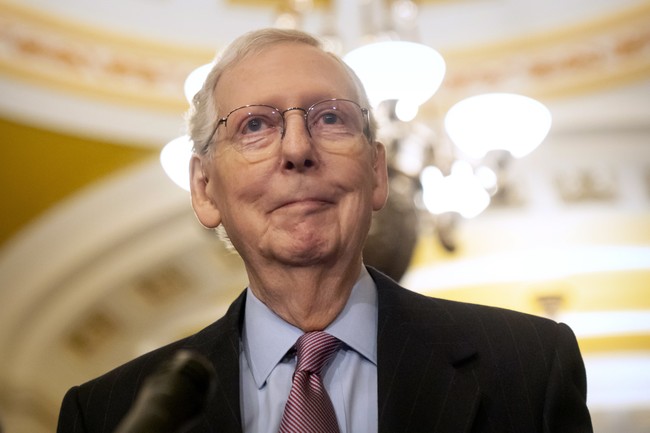Saudi-Pakistan Economic Dialogue: Vision 2030 Insight
Explore how Pakistan looks towards Saudi Arabia's ambitious Vision 2030 as it seeks to reshape its economic landscape amid discussions of investment, trade, and strategic collaboration.
Published February 17, 2025 - 00:02am

Image recovered from arabnews.com
In recent developments that underline a burgeoning economic partnership, Pakistan is increasingly looking towards Saudi Arabia's Vision 2030 for guidance as it navigates its path of economic reforms. This comes as Pakistani Finance Minister Muhammad Aurangzeb stressed the significance of Saudi Arabia's economic transformation under Vision 2030 as a model, speaking during the AlUla Conference for Emerging Market Economies. This conference, a high-level annual event, is symbolic of Saudi Arabia's commitment to fostering global economic collaborations and is viewed as a crucial platform for emerging markets.
Vision 2030 is an ambitious blueprint by Saudi Arabia aimed at diversifying its economy away from oil dependency. Pakistan, with its own set of economic challenges, sees immense value in this strategy, as noted by Aurangzeb. He highlighted the tangible benefits of learning from the Kingdom's successful reforms, asserting the importance of macroeconomic stability which Pakistan has now achieved. This mirrors a sentiment echoed in recent broad-ranging discussions with Saudi Arabian counterpart Mohammed bin Abdullah Al-Jadaan, aiming to strengthen and unlock their countries' strategic economic potential.
The meeting between the finance ministers on the sidelines of the AlUla conference emphasized bilateral cooperation, focusing on areas such as infrastructure, energy, and technology. Both parties recognized the need for facilitating investment flows that would have a ripple effect of economic benefits not only for Saudi Arabia and Pakistan but for the broader region. This endeavor is underscored by Saudi Arabia's significant investments in Pakistan's business-to-business sector, as evidenced by Saudi Aramco's engagement in Pakistan's downstream petroleum industry, alongside government-to-government investment negotiations.
Beyond the immediate financial implications, this partnership is strategically vital. The dialogue between Aurangzeb and Al-Jadaan was reinforced by the shared goal of ensuring that enhanced trade and economic cooperation translates into regional prosperity. This sentiment was reiterated in a high-level panel discussion at the AlUla Conference with participation from other notable finance ministers and moderated by IMF Managing Director Kristalina Georgieva.
Remarkably, these engagements capture a broader narrative of economic resilience and cooperation. The AlUla conference itself, attended by 200 participants from 48 countries, reflects a concerted effort to address global economic challenges through the lens of emerging and developing economies. Aurangzeb's presence, alongside ministers from Egypt, Brazil, and Turkiye, signifies Pakistan's proactive stance in contributing to and benefiting from this multilateral dialogue.
In conclusion, the evolving Saudi-Pakistan economic relationship stands as a testament to how strategic partnerships, rooted in mutual interests and ambitions, can serve as a catalyst for regional economic stability. Saudi Arabia's Vision 2030, with its holistic approach to economic diversification, provides an invaluable framework for Pakistan, charting its economic reforms towards achieving sustainable growth and prosperity in a changing global economic landscape.







